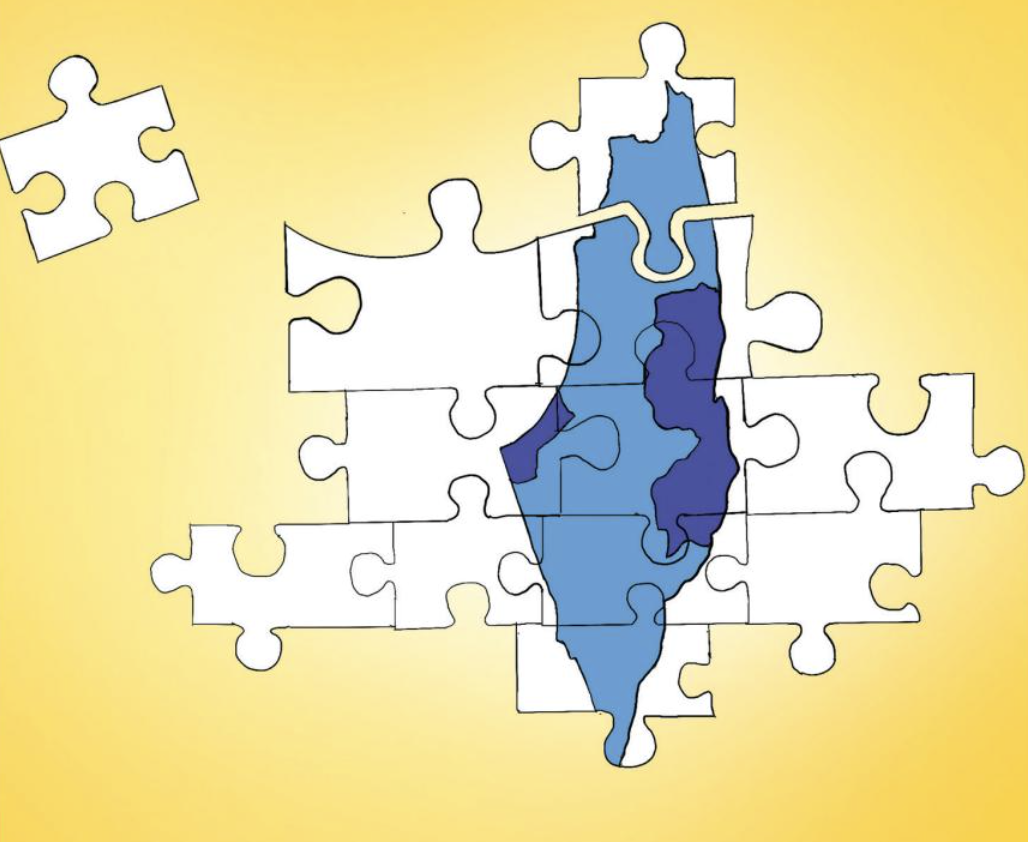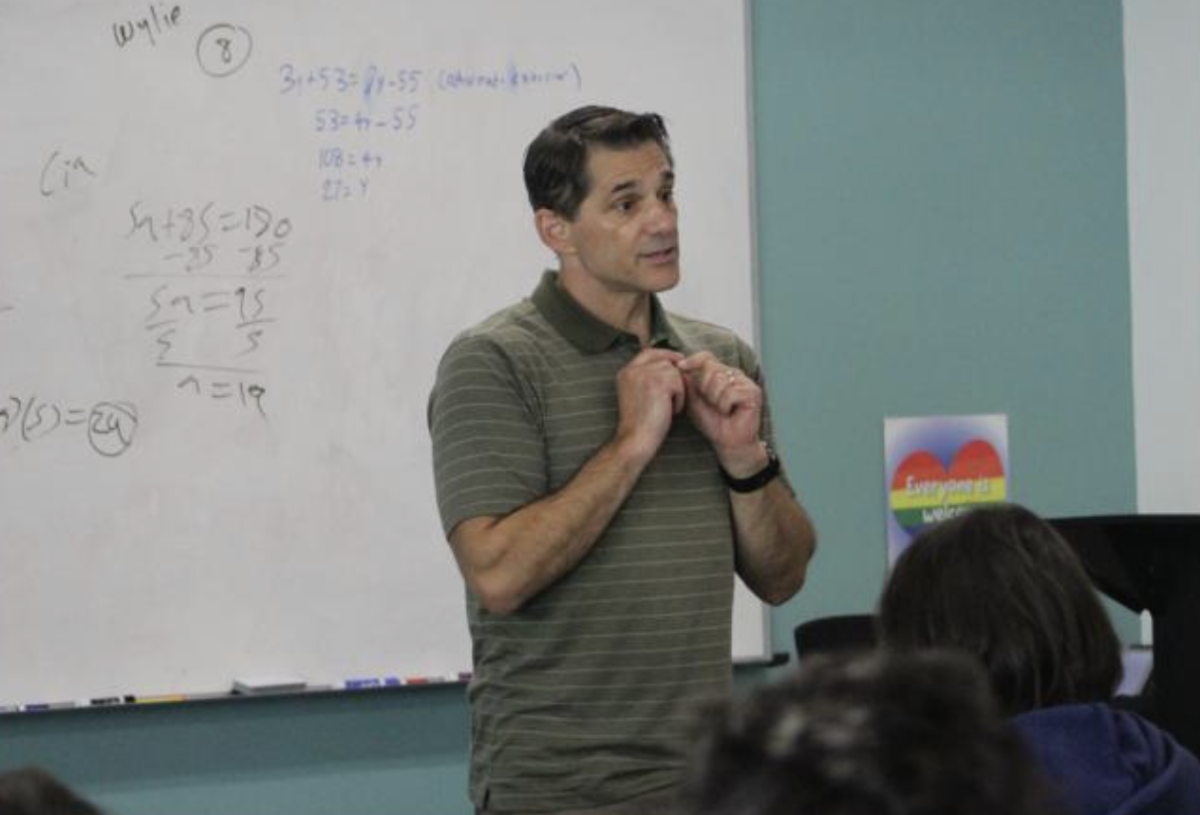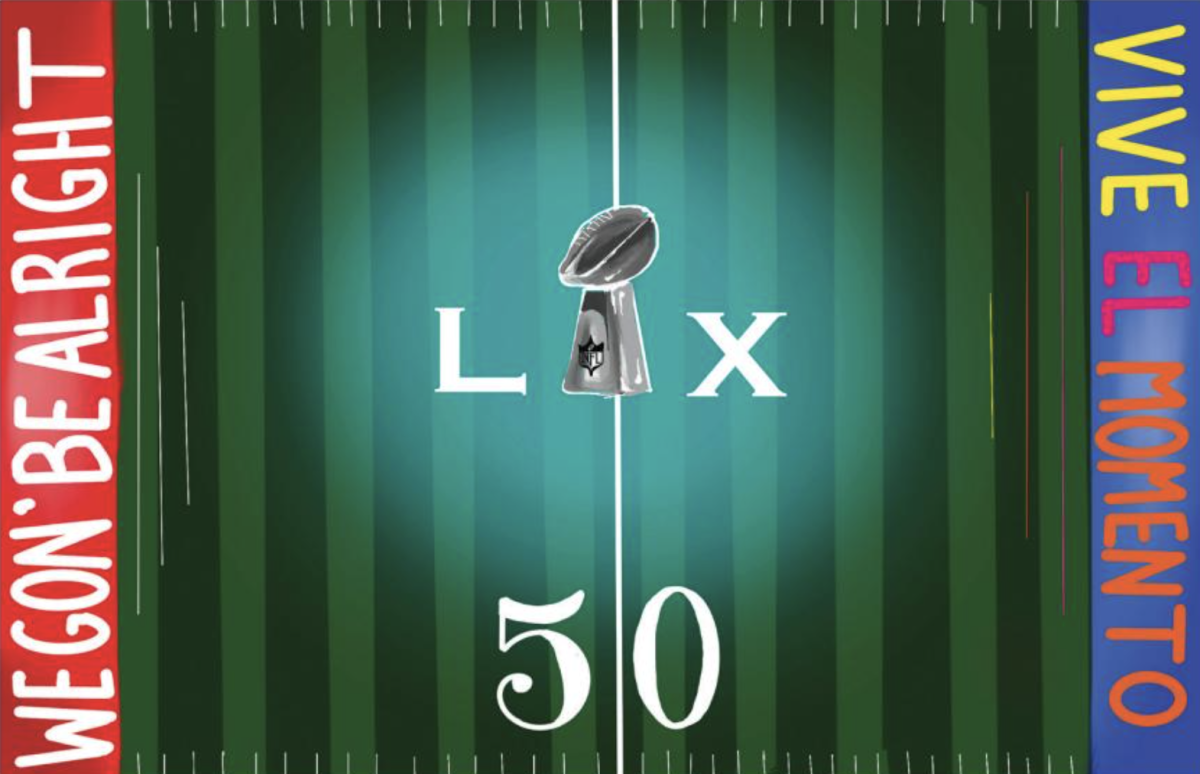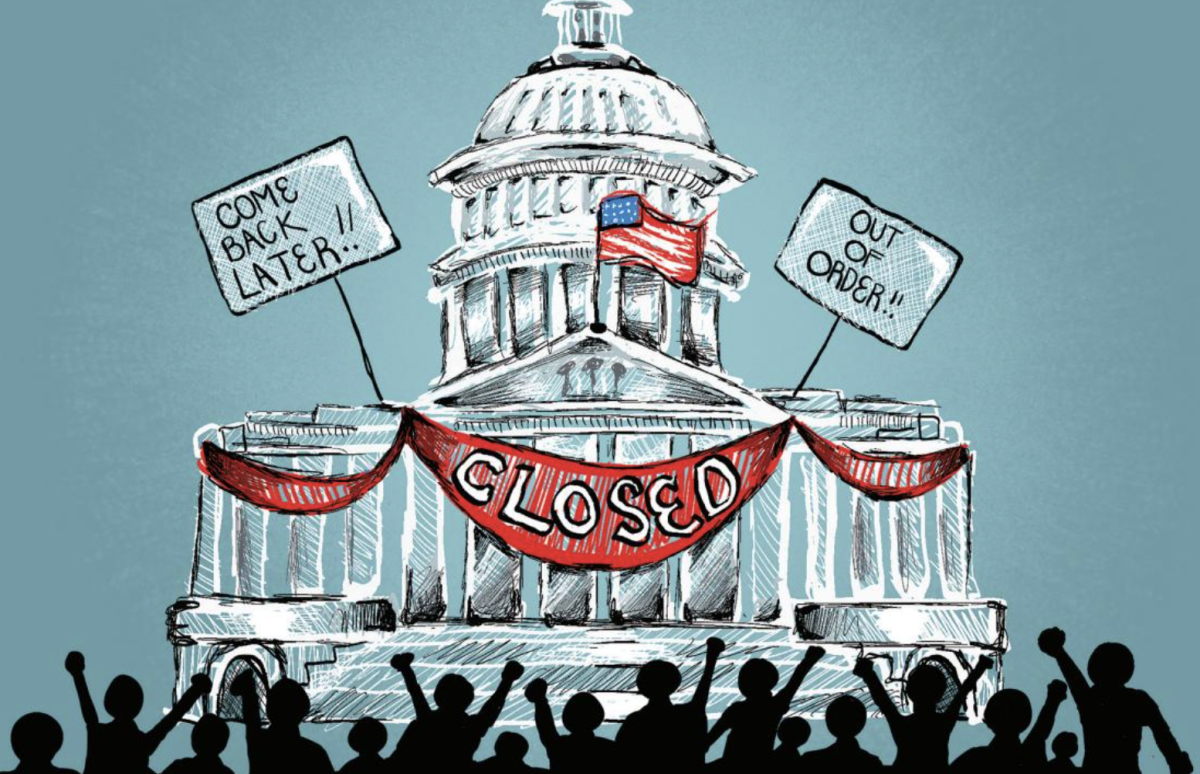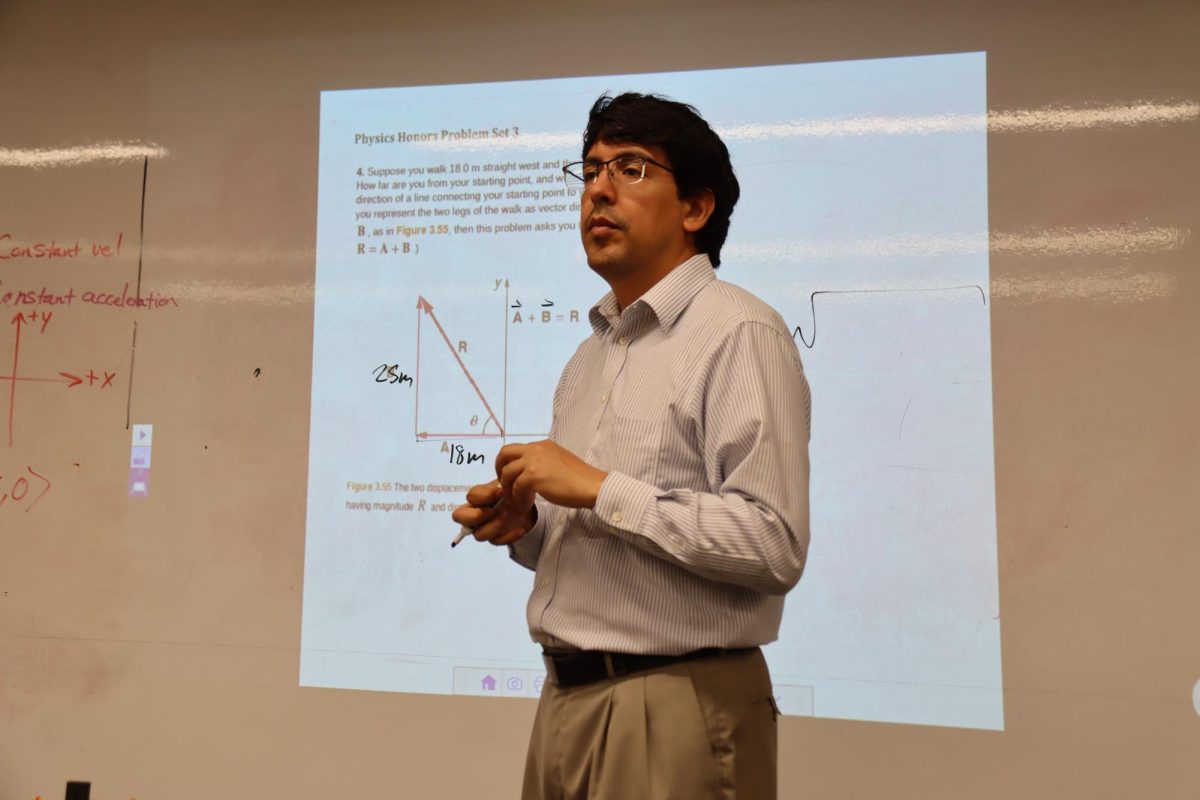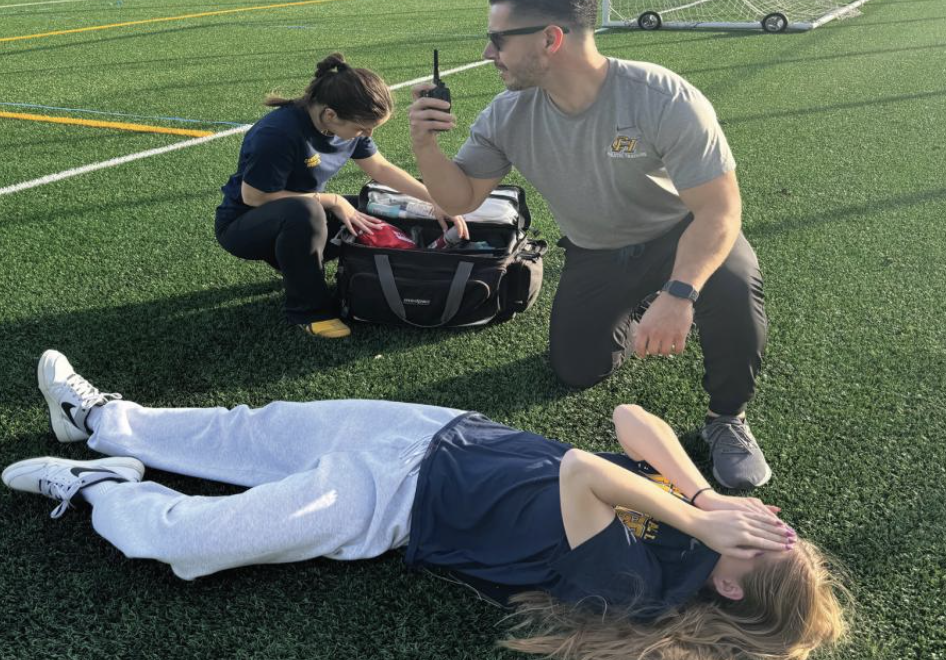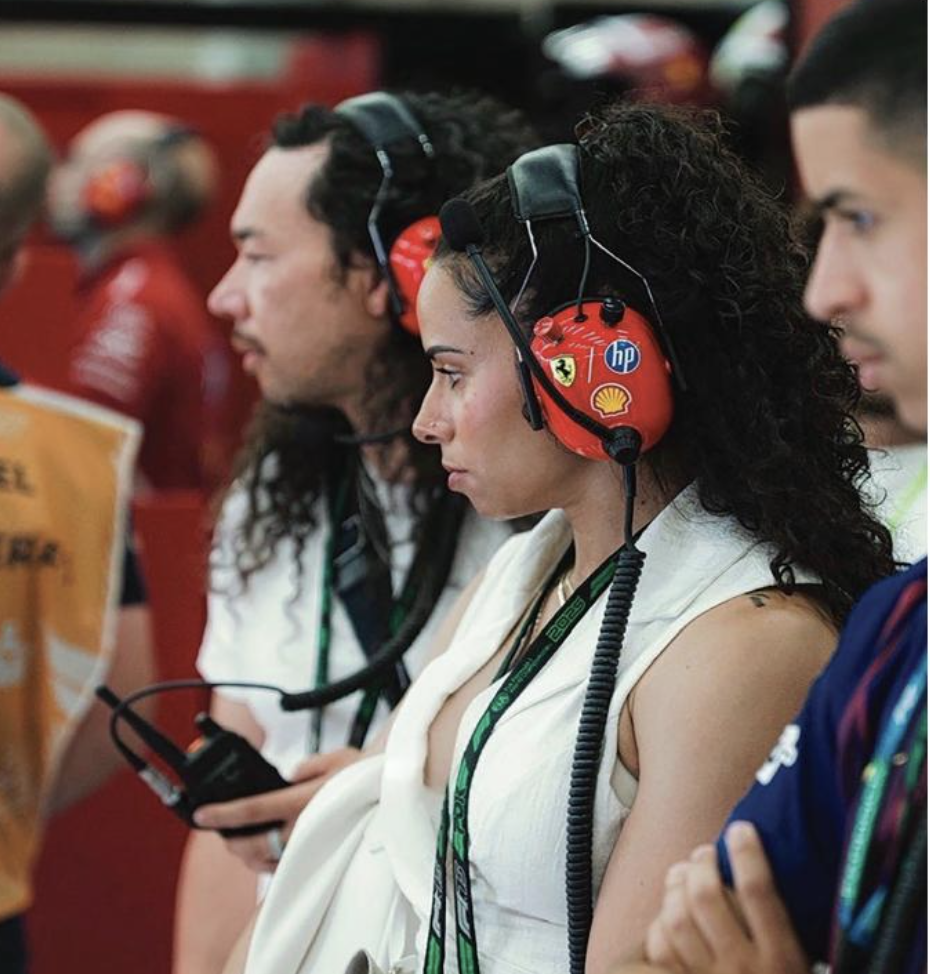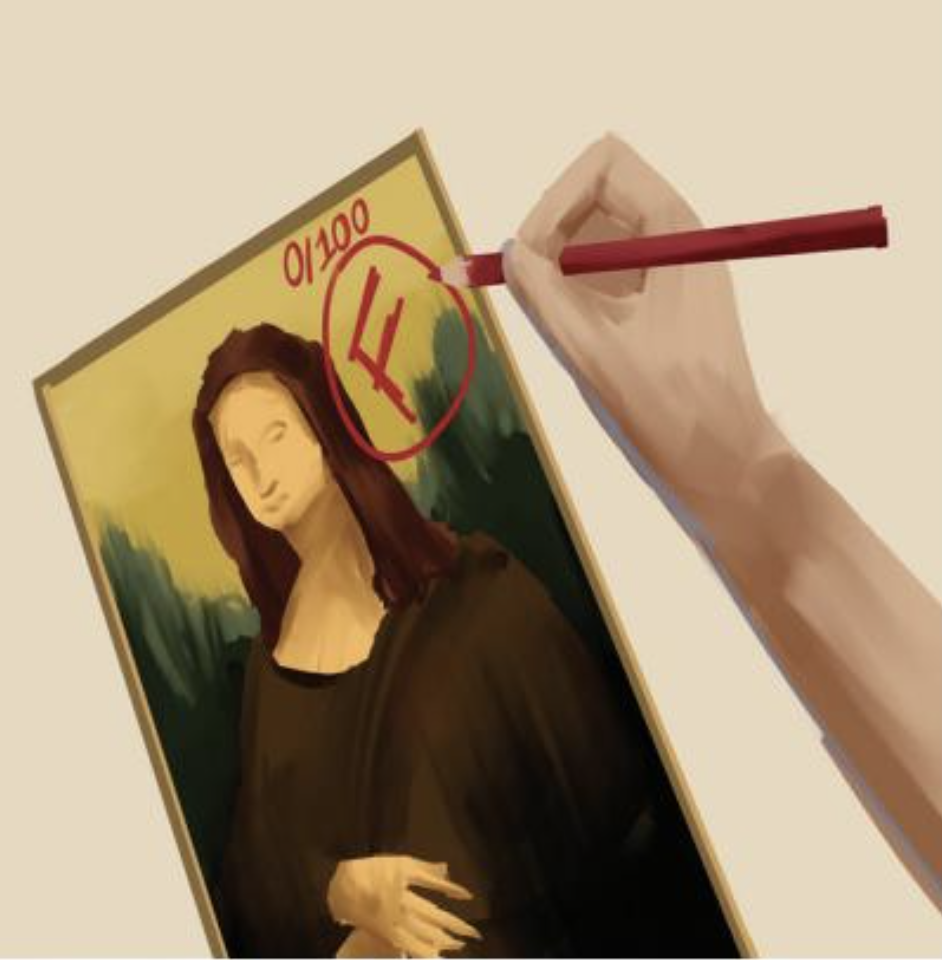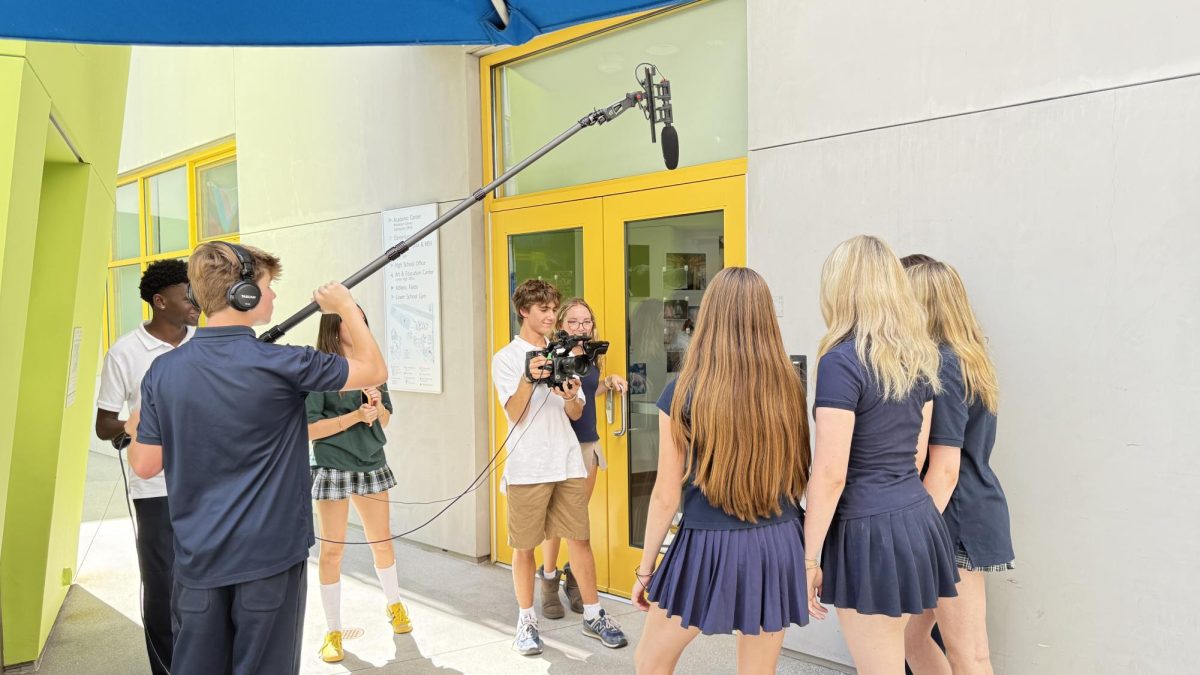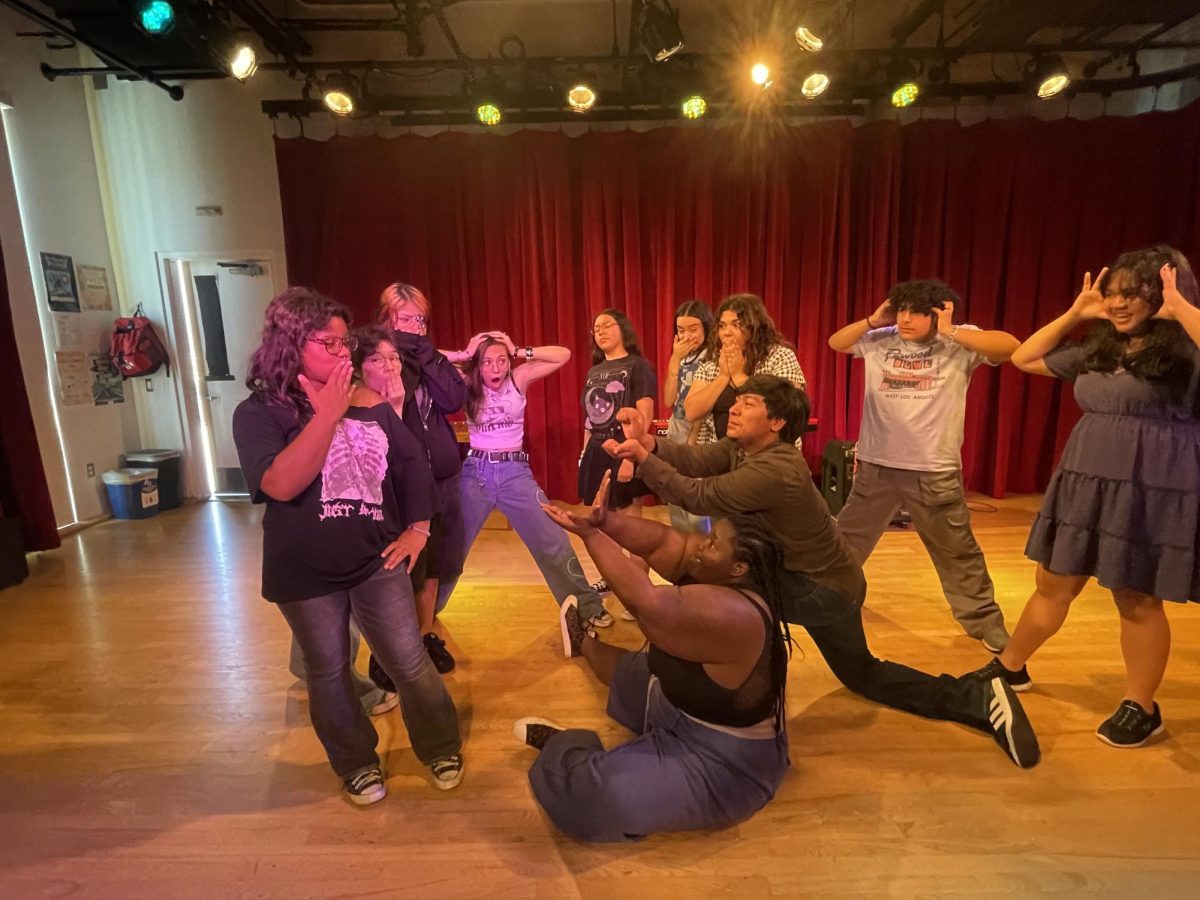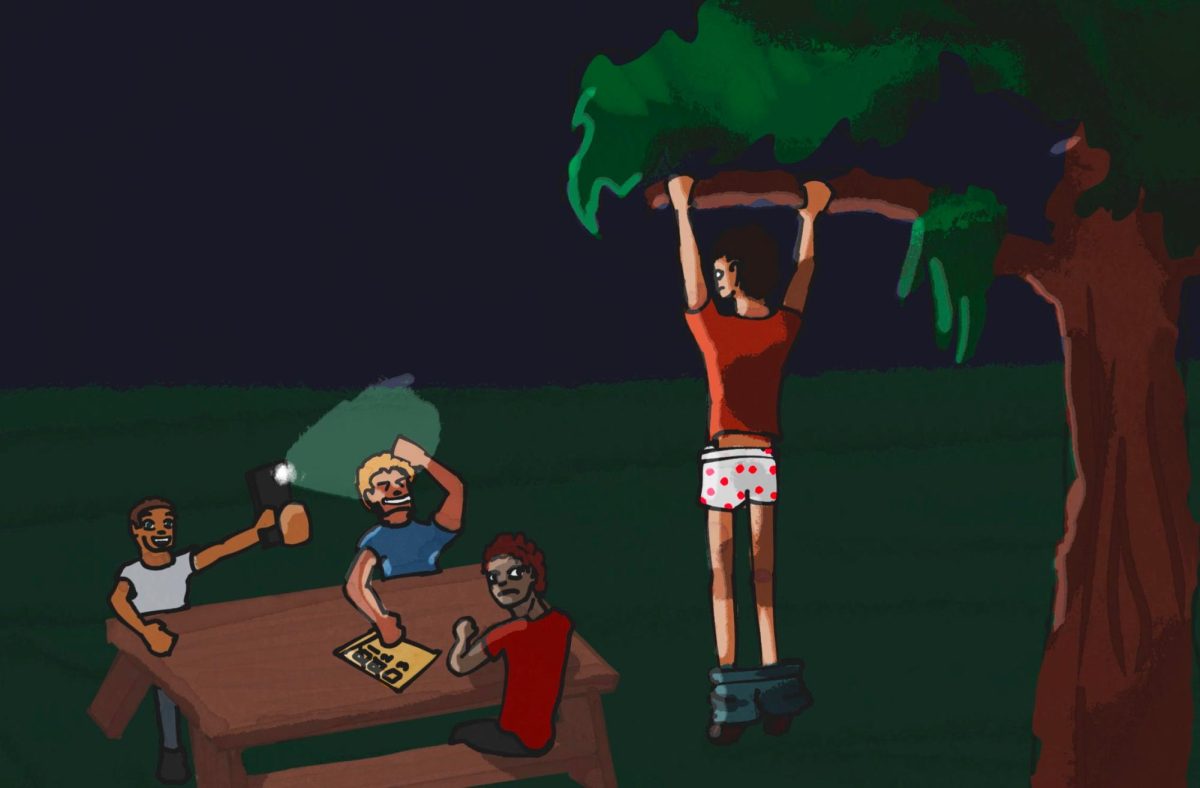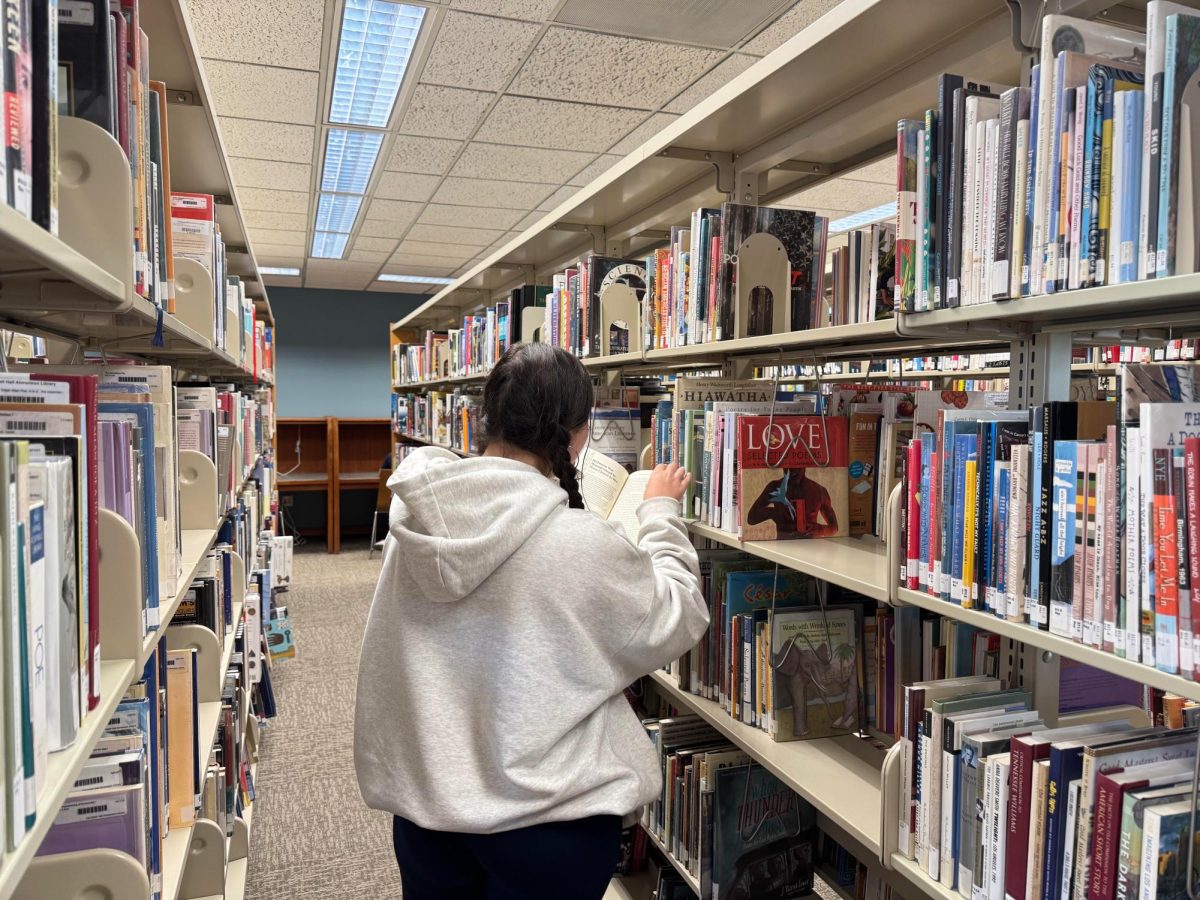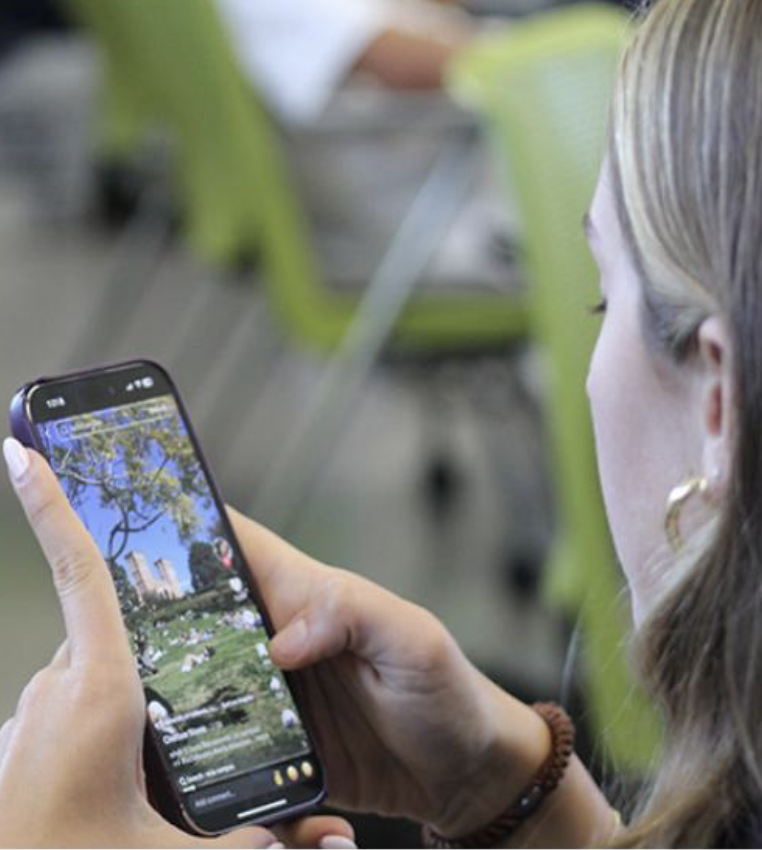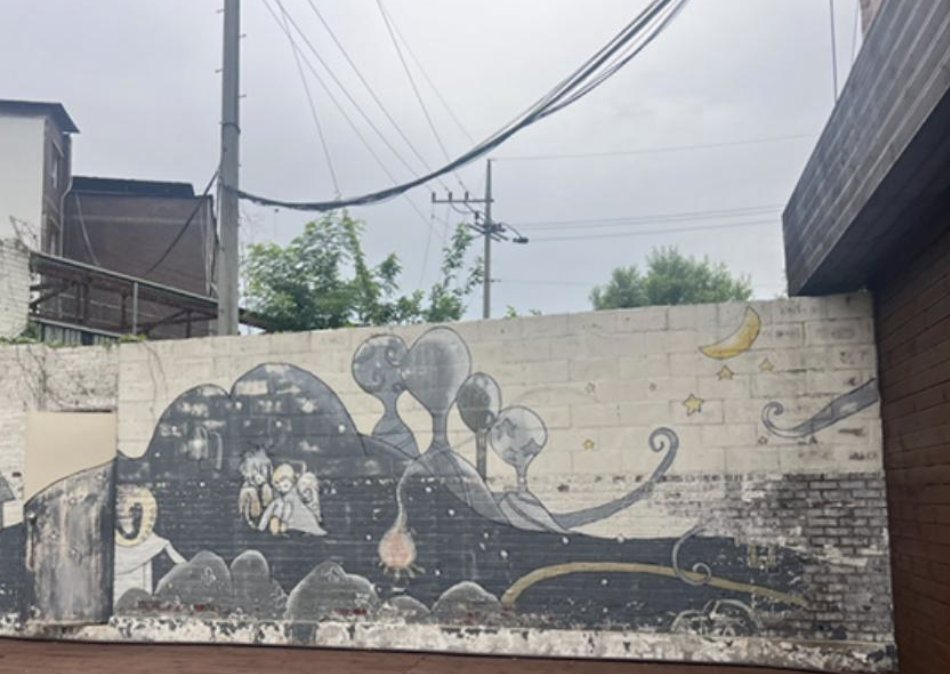You’re a bad person.
Sometimes, that thought keeps me awake because of how true it feels. I have a hard time owning up to my mistakes. I hold grudges. I lash out at people who don’t deserve it. I often wonder if I’m doing my own life a disservice because I spend so much of it putting negativity into the world. And then I remember it doesn’t matter, because how am I even supposed to be a good person? What does being a good person even look like?
I recently finished rewatching The Good Place, a show that grapples with this exact question. In the show, there is a Good Place and a Bad Place, resembling Heaven and Hell. Every action a person takes on Earth is evaluated as good or bad, earning them positive or negative points, and the total of all their actions results in a final score. The highest earners go to The Good Place, and the rest are subject to eternal torture.
In theory, it makes sense. In reality, nobody had made it into The Good Place for 500 years. The problem with the points system was that Earth was too complicated. In the show, the main character conducts an investigation of the points system, citing the example of buying tomatoes. Under the points system, if you were to buy a tomato 100 years ago, you would gain four points for supporting local farmers. Now, buying a tomato would cost you twelve points because you’re supporting toxic pesticides and an unethical food industry. Now more than ever, actions have unintended consequences. And no matter who you are or what cards you are dealt in life, you suffer the consequences.
In the show, being defined as a good person by the points system was impossible. The ethical dilemma is clear: does that mean being a good person at all is impossible?
This question is one that I thought about even before watching the show. I have 18 years of eating pesticide-tomatoes under my belt, in addition to a number of other inherently bad things I’ve made habits of over time. The idea that I’m not putting enough good into the world is daunting, sure, but not enough that I’ve changed. Where would that put me in terms of points? Enough to earn me a spot in the Bad Place.
But The Good Place revealed that the points system had a fundamental flaw. The system lacked a keen understanding of humanity: people have potential. If I died today, what would come of all the good I had inside me but couldn’t quite execute yet?
The Good Place ended with the thesis that every human being, no matter their life circumstances or choices, can improve. After spending my developmental years being so unkind to myself for my perceived badness, I want to take this idea with me.
Since finishing the show, I’ve learned to give myself some grace. I’m allowed to buy a tomato that has pesticides. This kindness is what I owe to myself. My small sins can be redeemed. Saying “I’m sorry” instead of “my bad.” Letting go of the small stuff. Forgiving. While someone else is being their best self today, I’ll spend today being a little bit better than I was yesterday.
I don’t need to change the world right now, but that doesn’t mean I need to give up. I can take it one step at a time. And maybe one step at a time is a little bit slow, and maybe it means I’m not my best self today. But what that doesn’t tell you is who I’ll be tomorrow.

